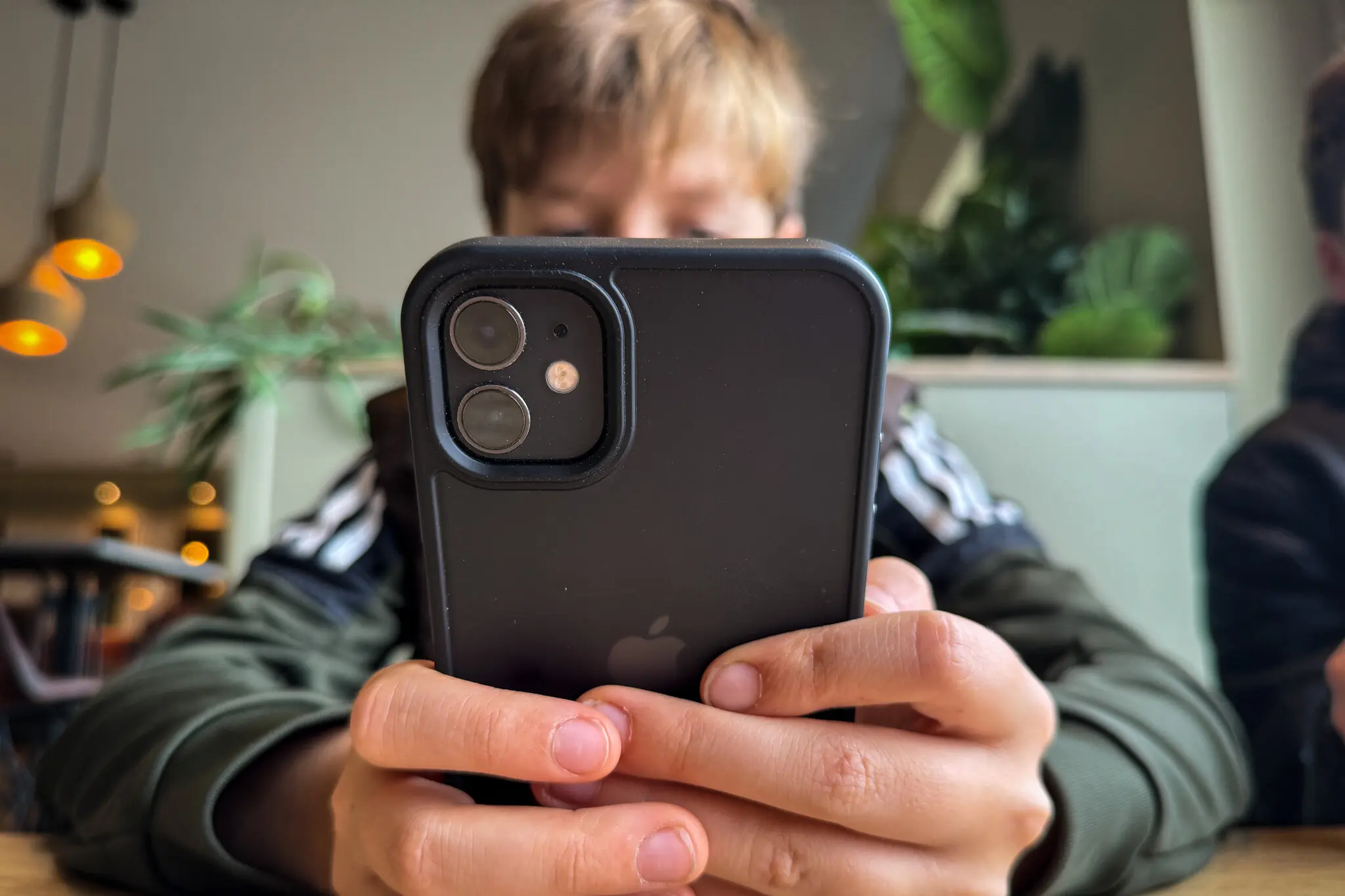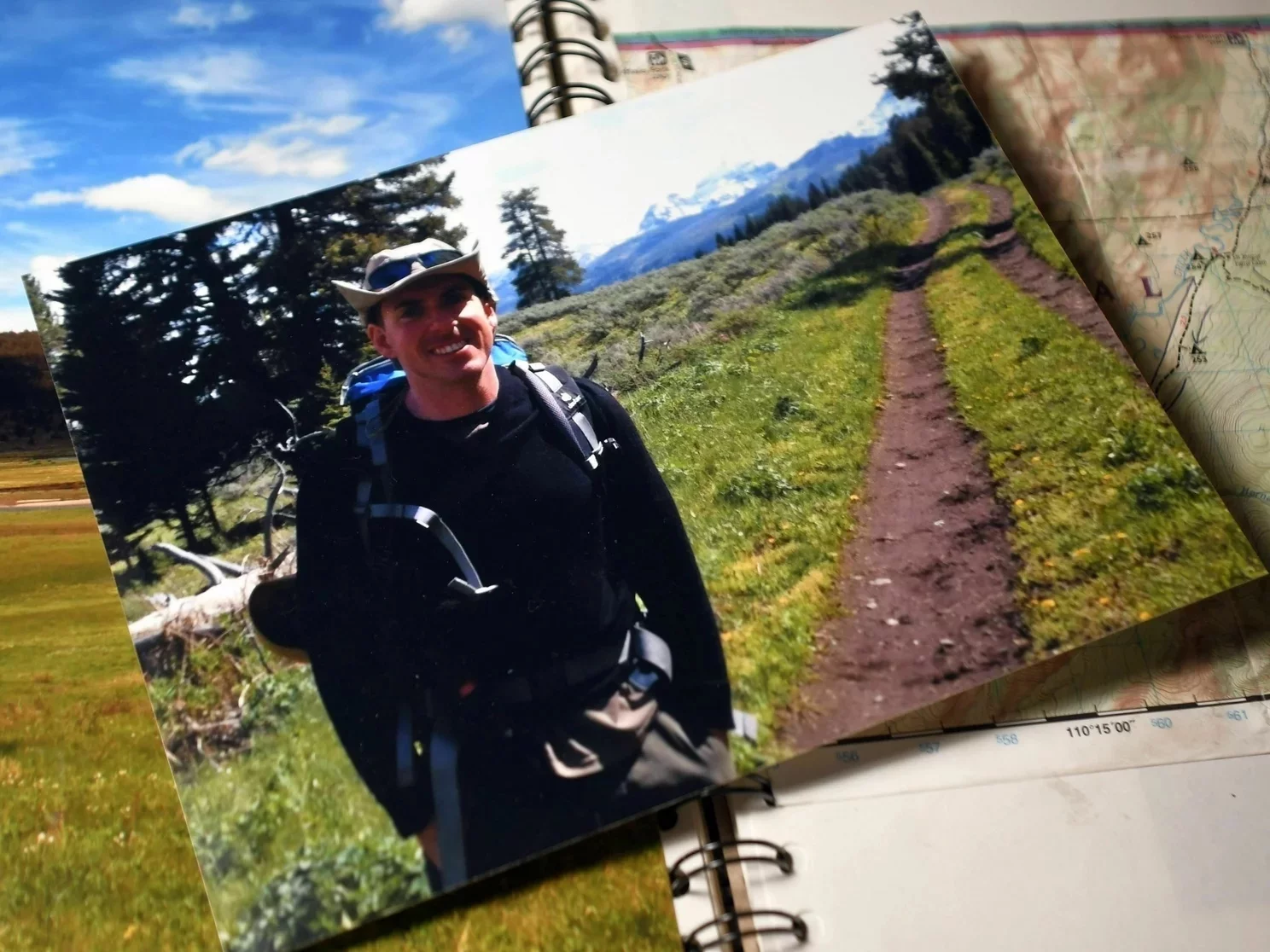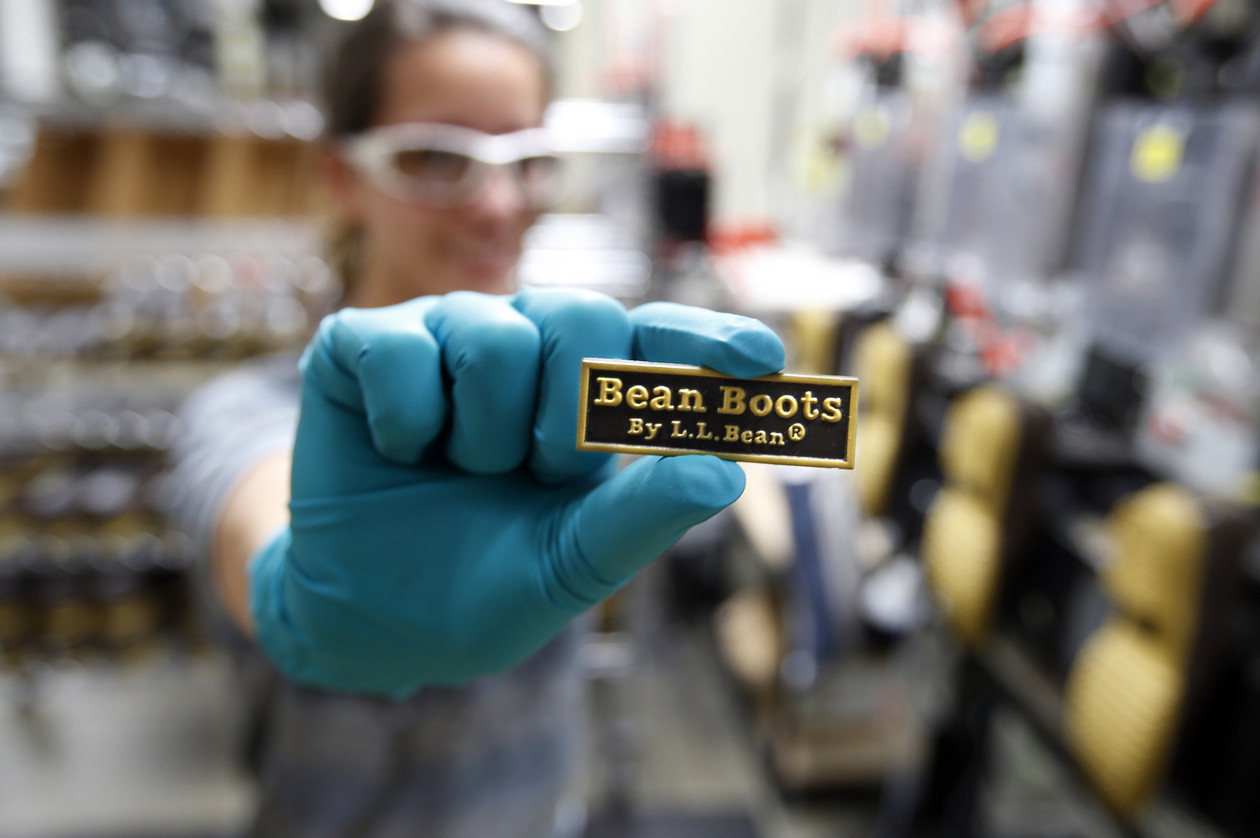|
|
 |
Kids must be able to play and learn online without being endlessly tracked by companies looking [...] to monetize their personal data.
- Lina M. Khan, Chair of the Federal Trade Commission
|
|
|
Welcome to Snippets—The FTC is facing mixed responses from parents and lawmakers alike, after proposing significant changes to the Children's Online Privacy Protection Act (COPPA).
Plus, a graduate project at Stanford university found AI can accurately identify the location of personal photos, L.L. Bean joined the fray in the fight over Maine's privacy law, a sit down with Flo Health's Data Protection Officer, and more.
|
|
|
|
|
The FTC proposes significant revisions to COPPA
|
 |
|
Matt Cardy/Getty Images
|
The Federal Trade Commission (FTC) is proposing big changes to the Children’s Online Privacy Protection Act (COPPA), including requirements around disabling targeted ads for children under 13 and limiting push notifications.
|
- One of the proposed changes would requires apps, games, and child-oriented websites to get "separate, verifiable parental consent" before disclosing children's information to third-party advertisers.
- Another involves prohibiting services from using persistent identifiers, like cookies, to send kids push notifications, which encourages them to engage more frequently.
- Additionally, the FTC aims to codify guidelines around education technology, limit commercial use of children's information, and create new rules for data retention.
|
|
|
|
|
|
|
Join hundreds of your peers in the Privacy Pulse community!
|
|
Privacy Pulse is an invite-only community where privacy professionals can crowdsource solutions to their biggest challenges, share or find a new role, and expand their professional network.
To make sure our community is valuable, thriving, and safe, we ask that everyone submit a brief application to join. All applications will be reviewed within 24 hours.
|
|
|
|
|
|
|
|
AI identifies locations of personal photos in new study
|
 |
|
Courtesy of Geoff Brumfiel
|
A recent project from three Standard grad students, titled “Predicting Image Geolocations” (PIGEON), has revealed that AI can use geolocation to track where photos were taken.
|
- Originally looking to identify locations on Google Street View, the students discovered the AI could accurately guess where personal photos had been taken—even if they weren't published online.
- Trained on just 500,000 images, the program guessed the country where images were taken with a 95% accuracy rate, while the location was identified within 25 miles of the actual site.
- The application may have positive use cases, like biodiversity assessments and road maintenance, but Jay Stanley of the American Civil Liberties Union note it could also enable government surveillance, corporate tracking, and stalking.
|
|
|
|
|
|
|
|
L.L. Bean sides with Big Tech in Maine privacy battle
|
 |
|
Robert F. Bukaty/AP
|
Outdoor retailer L.L. Bean sided with a coalition of Big Tech companies, including Meta, Google, and Amazon, in the fight against Maine’s new data privacy bill.
|
- In May, Maine legislator Maggie O’Neil introduced a new privacy bill, but was met with resistance from Meta and the State Privacy and Security Coalition (Google and Amazon).
- L.L. Bean joined the fight in October, when a lawyer representing the company testified against O’Neil’s bill, noting it added “unnecessary burdens for businesses.”
- The retailer indirectly rallied behind Senator Lisa Keim’s Maine Consumer Privacy Act, a more business-friendly proposal that’s created significant rifts in Maine’s privacy debate.
|
|
|
|
|
|
|
|
- How Google’s defunct social network shaped US privacy law.
- X hit with a privacy complaint for microtargeting ads.
- Meta’s AI-integrated Ray-Bans raise privacy concerns.
- Mr. Cooper reports data breach affecting 14.6 million customers.
- CPPA meeting recap: risk assessments and ADMT.
|
|
|
|
|
|
One privacy lawyer’s work to protect women’s health data
|
 |
|
Illustration: David Saracino
|
Sue Khan, Vice President of Privacy and Data Protection Officer at Flo Health, sat down with Quartz to talk about steps the women's health app has taken under her stewardship to protect intimate data for their over 50 million users.
|
- After the US Supreme Court overturned Roe v. Wade, Khan launched a new feature, Anonymous Mode, which allows women to use the app without sharing their name, email address, and other identifiable information.
- The feature was designed to protect anonymity in the event of a data breach, in part by ensuring that no single data source carries complete user information.
- Khan also instituted a privacy and security advisory board, tasked with ensuring Flo Health provides that same level of security as a banking or finance app.
|
|
|
|
|
|
|
|
The FCC gets push back on updated breach notification rules
|
 |
|
Chris Ratcliffe/Bloomberg
|
The Federal Communications Commission (FCC) recently updated its 16-year-old data breach notification protocol to better protect sensitive consumer information. But mobile service providers are arguing the new requirements burden companies with complex monitoring processes.
|
- Part of the complexity comes from the expansion of the term ‘breach,’ which now includes Social Security numbers, financial information, and inadvertent breaches.
- The new rules also scrap the mandatory waiting period. Incidents involving the exposure of more than 500 individuals’ data must be reported as soon as possible.
- Lawyers, however, note that many of the new provisions could cause duplicative efforts, as most state laws already impose similar reporting requirements.
|
|
|
|
|
|
|
Buyer's Guide: 5 steps for identifying an effective CMP
|
|
The right CMP will provide an efficient way to collect, sync, and enforce user preferences and consent across all touchpoints and backend systems. But finding the right CMP for your needs can be a challenge. This step-by-step guide includes:
- 6 must-haves for consent management compliance in 2024
- 5 steps for choosing the best CMP for you
- An internal evaluation questionnaire
- A platform comparison matrix
- Key questions to ask potential vendors
Download the full guide below!
|
|
|
|
|
|
|
|
|
Snippets is delivered to your inbox every Thursday morning by Transcend. We're the platform that helps companies put privacy on autopilot by making it easy to encode privacy across an entire tech stack. Learn more.
|
|
|
|
You received this email because you subscribed to Snippets. Did someone forward this email to you? Head over to Transcend to get your very own free subscription! Curated in San Francisco by Transcend.
|
|
|
|
|
|